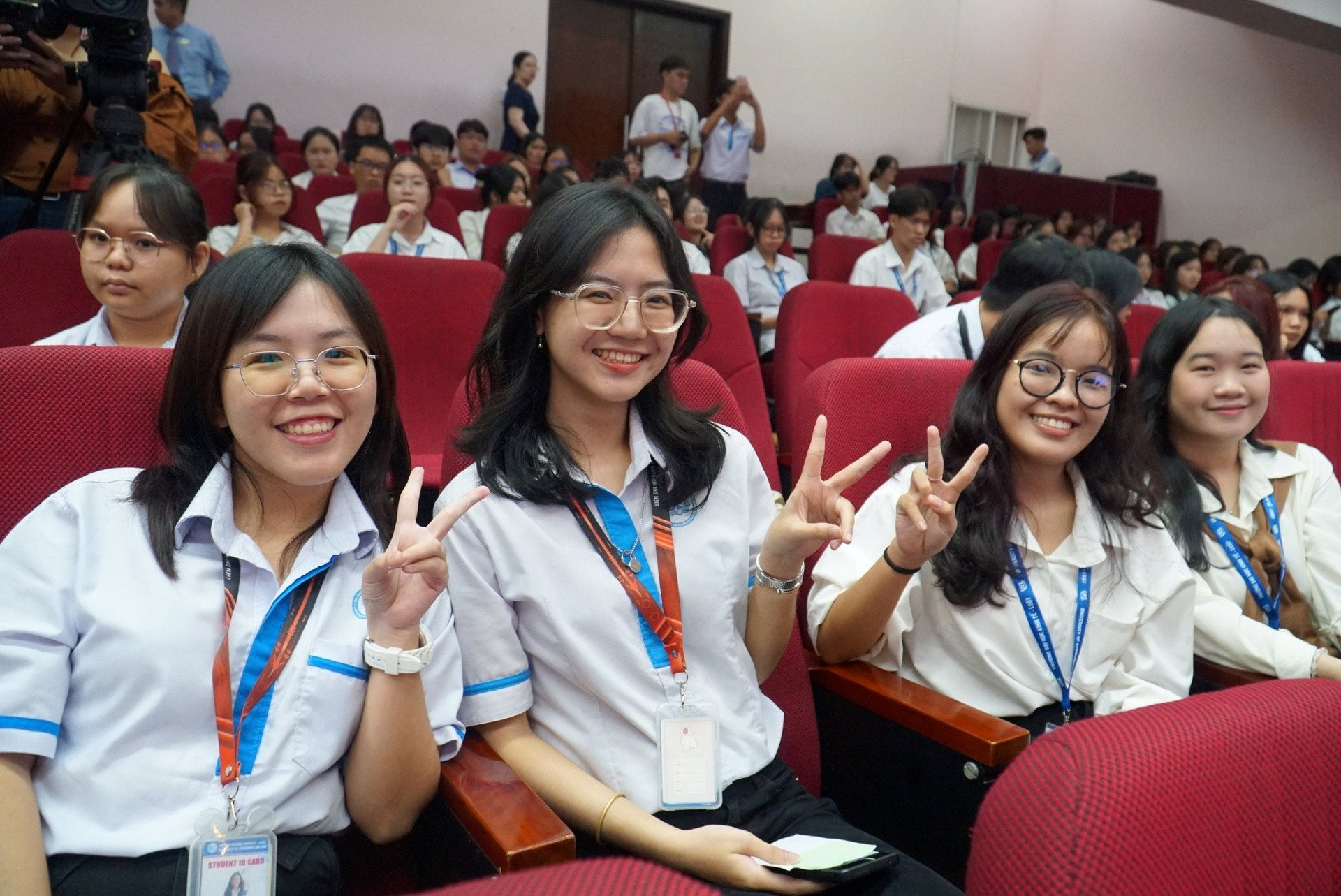
According to statistics from the Ministry of Education and Training (MOET), as of August 2024, 32.76% of universities have self-financed regular and investment expenditures; 13.79% of universities have self-financed regular expenditures. The number of universities that have not yet financed regular expenditures but have plans to self-finance regular expenditures in the near future accounts for about 16.38%. The proportion of universities currently having their regular expenditures financed by the state budget is very low (only 3.45%).
In the context of low budget for university education , the revenue of public schools is heavily dependent on tuition fees. Records from many universities show that currently, revenue from tuition fees accounts for more than 90% of the total revenue of the school. For example, according to the public report 3 of Ho Chi Minh City University of Technology, in the 2022-2023 school year, revenue from tuition fees accounts for more than 90%, revenue from science and technology accounts for the rest.
According to experts, the three main sources of revenue for universities in both Vietnam and the world include the state budget, tuition fees and other sources (revenue from technology transfer, service activities, donations, public-private partnerships, etc.). Because the majority of revenue comes from tuition fees, for three consecutive years due to the pandemic, the Government required schools not to increase tuition fees to share with students, causing many schools to complain of difficulties. After that, tuition fees were allowed to increase, with some educational institutions increasing by up to 37%, causing many families and candidates to be skeptical when they wanted to register for admission.
Dr. Le Truong Tung - Chairman of the University Council (FPT University) said that diversifying revenue sources in financial autonomy needs to be looked at from the general system of the entire education system, not just from the perspective of each university. Specifically, at FPT University, there are two main sources of revenue: student tuition (accounting for 70%) and revenue from capital investment by FPT Corporation (accounting for 30%). Although the school also has many scientific research activities, revenue from scientific research is still low because the cost of scientific research is very expensive.
Prof. Dr. Ho Dac Loc - Principal of Ho Chi Minh City University of Technology said that the main source of income of the school is from tuition fees. However, the high total revenue does not come from high tuition fees but from the increased training scale. Over the past 5 years, the school has continuously expanded its training fields and training scale while ensuring training quality. Up to now, the school has a large training scale with about 60 training fields, from bachelor/engineer/pharmacist/architect to master and doctorate.
However, the school has not been able to diversify its revenue sources because the search and exploitation of revenue sources such as scientific research and technology transfer, international funding projects, international training cooperation, training cooperation according to business needs and alumni contributions or donations are not really popular. In addition, the mechanisms and policies on financial autonomy of university education are still quite complicated, which also leads to certain limitations.
Associate Professor Dr. Dinh Van Chau - Principal of the University of Electricity said that there is another reason that comes from the schools that they have not yet fully exploited the school's resources such as human resources, material resources, time resources...; have not yet fully utilized the efficiency of assets because the schools have not yet established a project to lease construction assets approved by superiors.
To increase the above sources of income, the school has increased research on mechanisms and policies to lead and direct the school's activities. Building and developing relationships with businesses to mobilize funding and donations for school activities (the school established a Center for Employment and Entrepreneurship Support); at the same time, helping businesses see the benefits of investing in school education. Increasing encouragement and honoring for organizations or individuals who bring in revenue for the school.
Prof. Dr. Nguyen Mau Banh - Chairman of the Vietnam Association of Retired Teachers, said that all universities need to identify diverse sources of income other than tuition fees, reduce pressure on students is an important task and make efforts to find solutions to implement. At the same time, the policy mechanism also needs to be more complete to create favorable conditions for schools to carry out this task.
Besides, Professor Pham Mau Bang also emphasized that the source of revenue is not as important as how to invest to bring the best efficiency and quality to learners.
Source: https://daidoanket.vn/da-dang-hoa-cac-nguon-thu-ngoai-hoc-phi-10290284.html


![[Photo] Prime Minister Pham Minh Chinh meets with representatives of outstanding teachers](https://vphoto.vietnam.vn/thumb/1200x675/vietnam/resource/IMAGE/2025/11/15/1763215934276_dsc-0578-jpg.webp)
![[Photo] General Secretary To Lam receives Vice President of Luxshare-ICT Group (China)](https://vphoto.vietnam.vn/thumb/1200x675/vietnam/resource/IMAGE/2025/11/15/1763211137119_a1-bnd-7809-8939-jpg.webp)




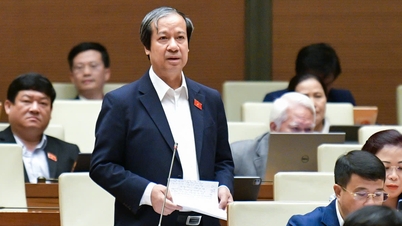



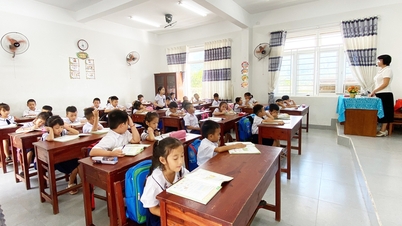

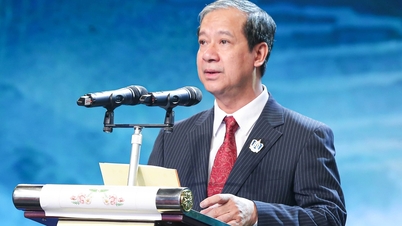







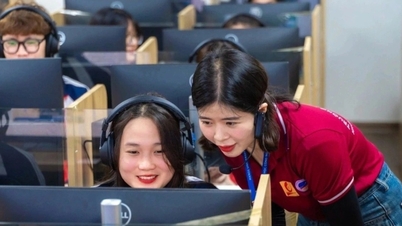






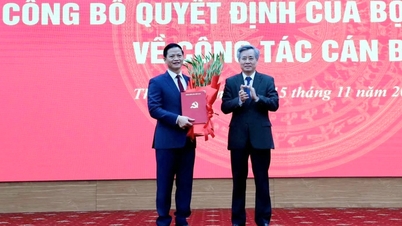
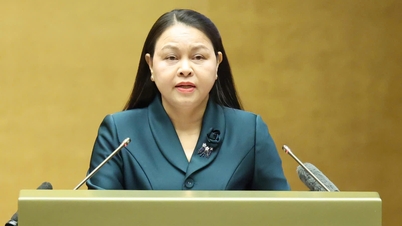
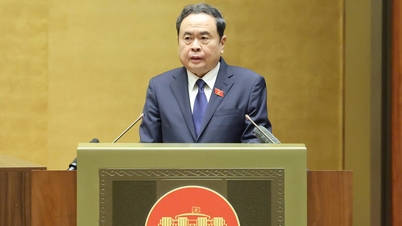
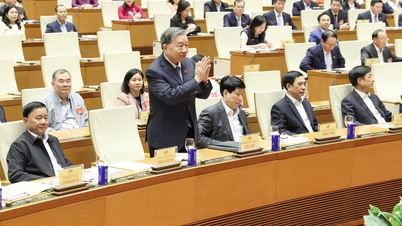
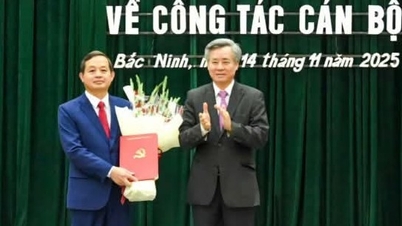






































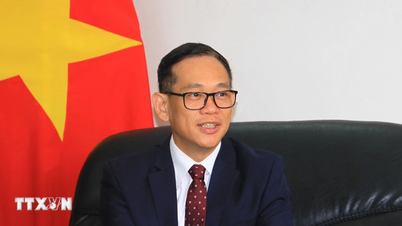
































Comment (0)